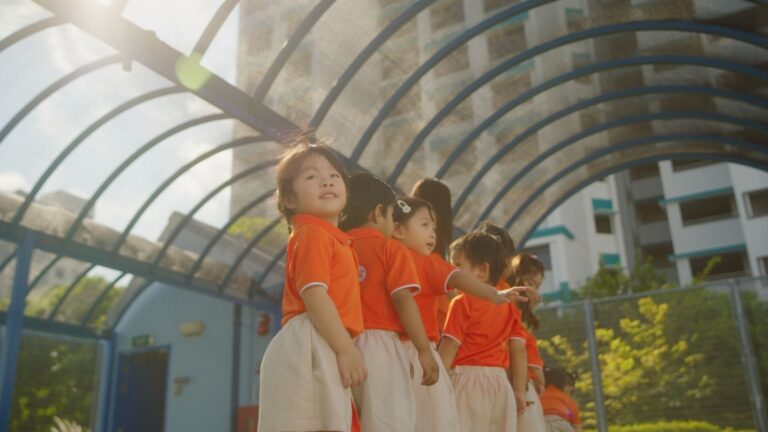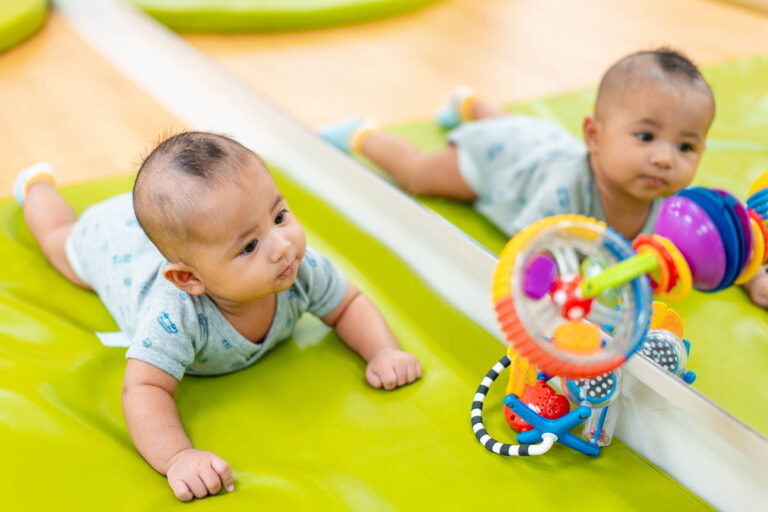![]()
![]()
![]()
A Longitudinal Study: Measuring Children’s Development and Learning Outcomes (1 to 6 Years Old)

The Longitudinal Study is a six-year project tracking children’s well-being, language, physical, and cognitive development across two phases. Phase 1 (2019–2021) evaluated the Relationships-Based Curriculum (RBC), while Phase 2 (2023–2025) followed the same cohort from ages 4 to 6, examining the changes in the measured outcomes, and how parents help their children safely navigate the digital world.
Findings showed high well-being scores, with a slight dip in Year 4 linked to the COVID-19 pandemic. By Year 6, children demonstrated significant improvements in language, physical, and cognitive skills, along with notable classroom involvement. Teachers and parents expressed satisfaction with the Primary Caregiving model. At home, children mainly use smartphones, TVs, and tablets under parental supervision, with parents reflecting both benefits and risks of digital exposure. Teachers demonstrated fostering warm and responsive relationships while encouraging play-based learning. While the study offers valuable insights, its small sample size limits generalisability.


